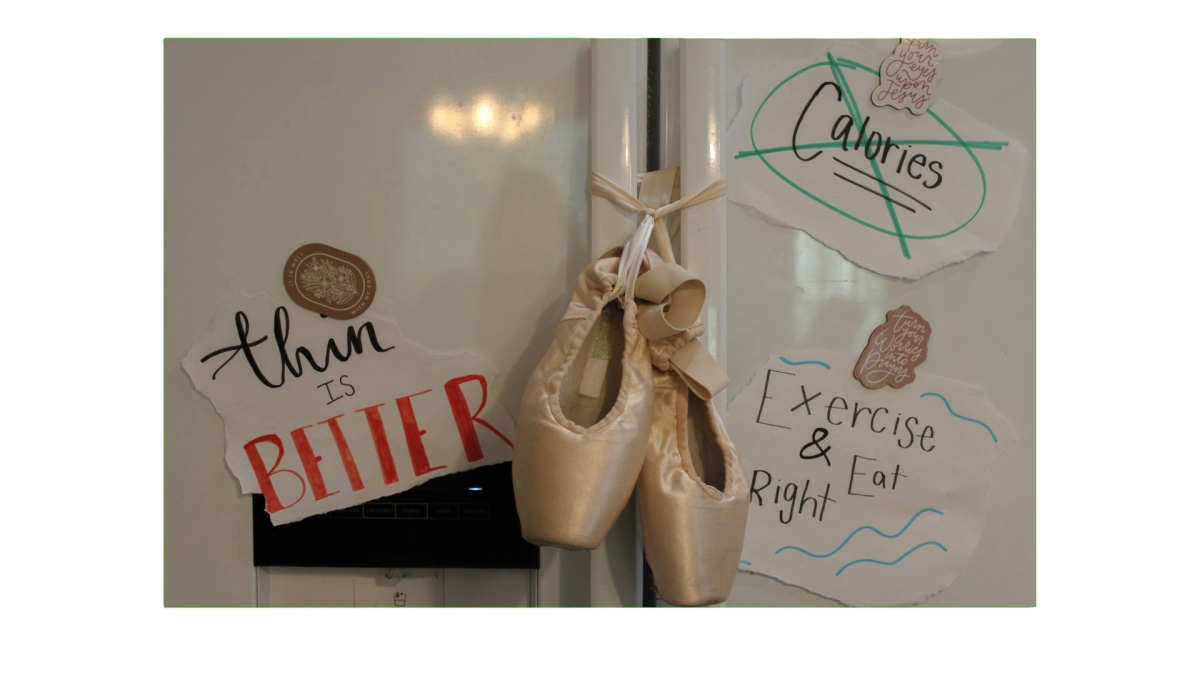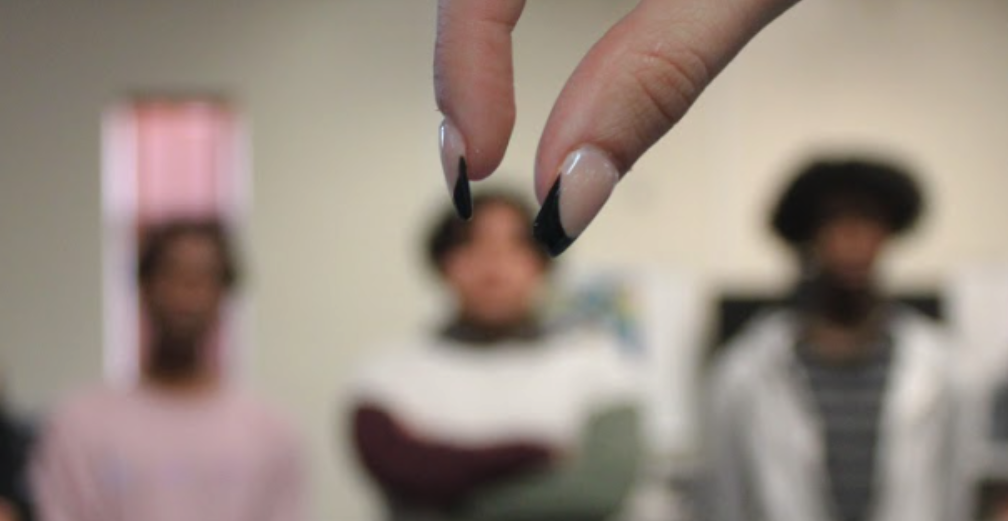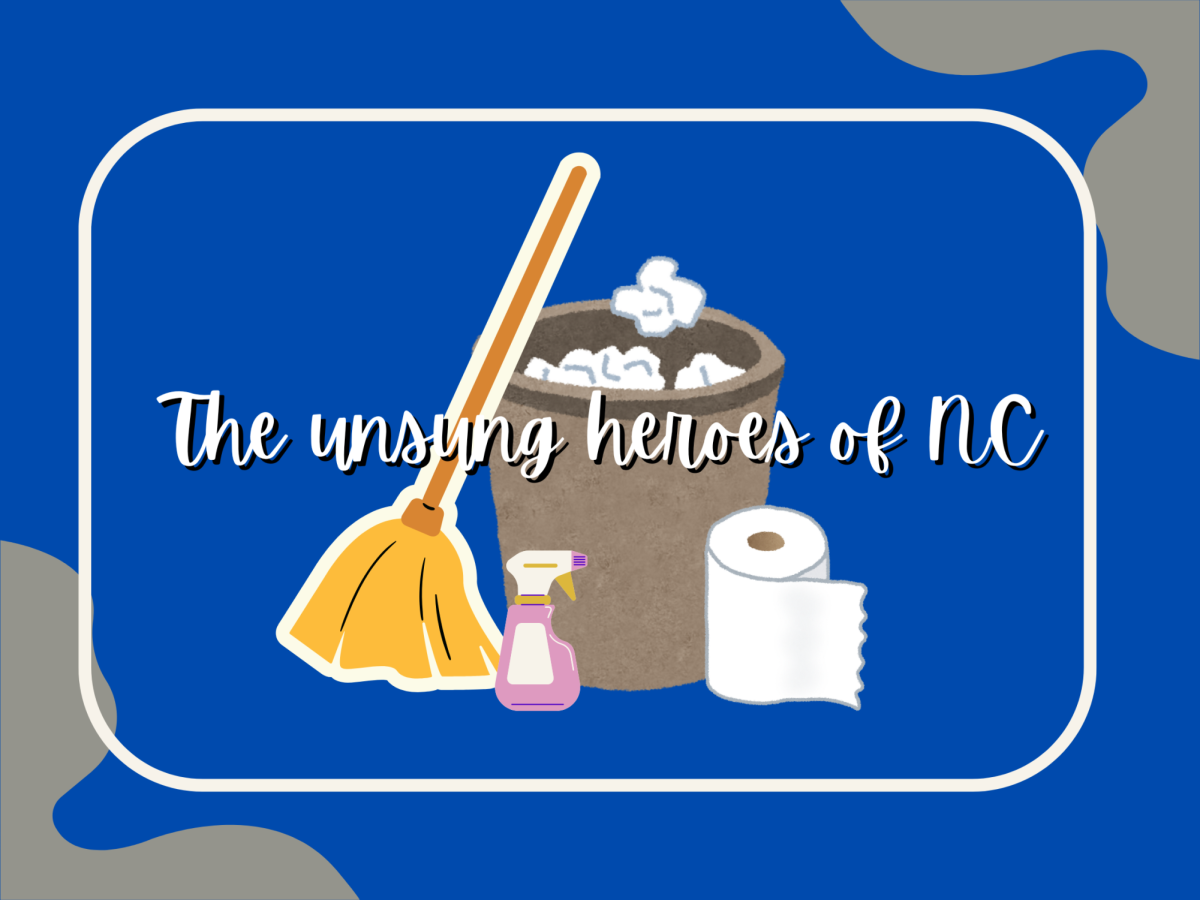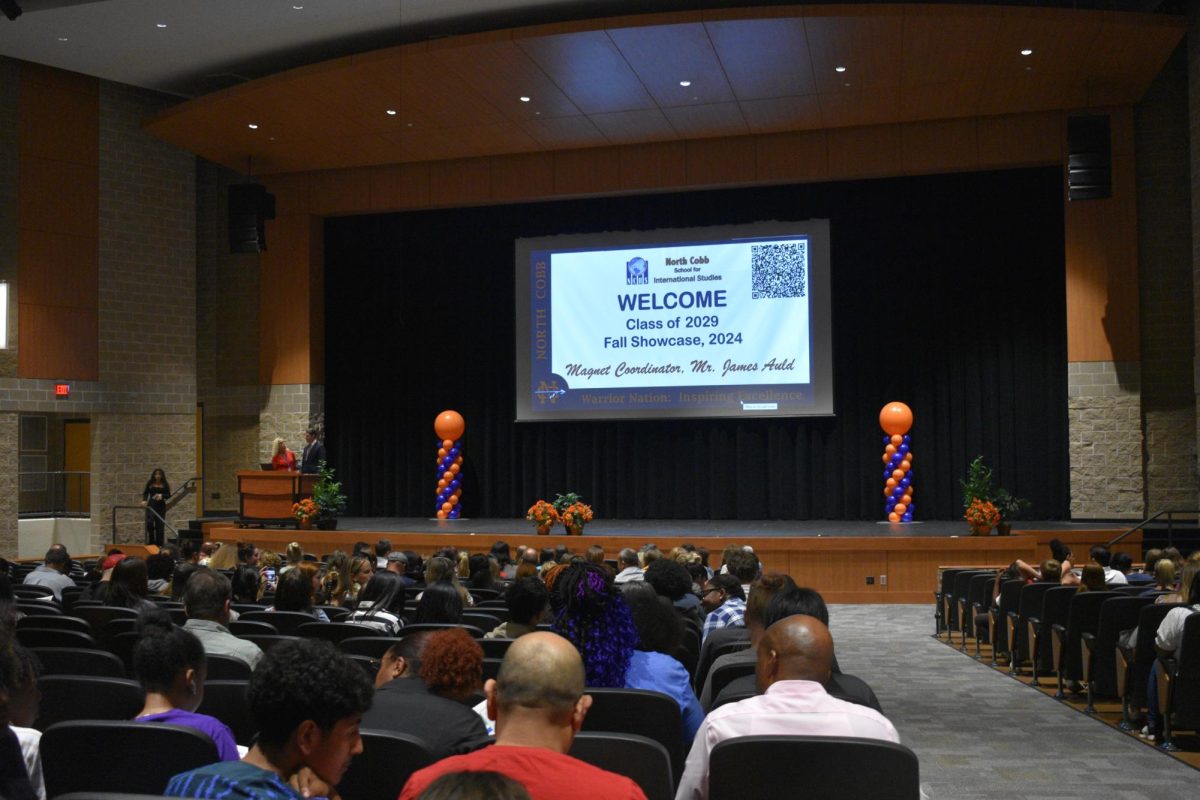As middle schoolers prospect high school, the option of magnet schools arises — an opportunity to expand their education in an honor-based institution. Magnet schools appeal to young scholars seeking a challenge or specialized course materials. From performing arts, Science, Technology, Engineering and Math (STEM), international studies or other areas of expertise, magnet schools offer students a chance to deepen their education in ways that broaden their educational horizons.
Numerous young scholars nationwide struggle to receive schooling that puts their best interests forward. From a lack of rigorous courses, poor range of extracurricular activities and absence of trusted adults who prepare them for college, countless U.S. students find themselves unsure where to place themselves next after high school graduation. Recognizing this rising issue, various parents implement their students into specialized private schools that better ensure their children’s success. However, the majority of families can not put their children into private schools due to high costs. To combat this prevalent issue, magnet schools became ever-growing and prevalent; magnet schools provide the familiarity of a private school program with the absence of lofty fees. At NC’s magnet program, scholars receive the exact assistance they need to prosper after high school through numerous methodologies that a majority of other public high schools do not implement.
In Cobb County, Georgia, residents apply to magnet schools through a rigorous application process. At only the age of 14, middle schoolers begin meticulously applying to these magnet schools with high prospects of acceptance to their anticipated school, with the same excitement high schools applying to college do. Seven magnet schools reside in Cobb, each with distinct qualities focusing on a specific skill set. After students’ work finally pays off, scholars enter their new high schools, excited to learn. In these schools, students receive various benefits for their membership, from exclusive trips, experienced counselors and access to curriculums that can enrich one’s high school experience.
NC’s magnet program focuses on enticing students through emphasizing international studies and opportunities. At North Cobb High School for International Studies (NCSIS), students may travel to various countries such as Japan and Cambodia, create their own research projects, enhance their communication skills and broaden their understanding of global events through specialized lesson plans. The NCSIS curriculum requires students to take courses such as Advanced Placement (AP) Comparative Government, AP Capstone Diploma Program courses, AP Environmental Science and various other classes that non-magnet students usually take as an optional elective.
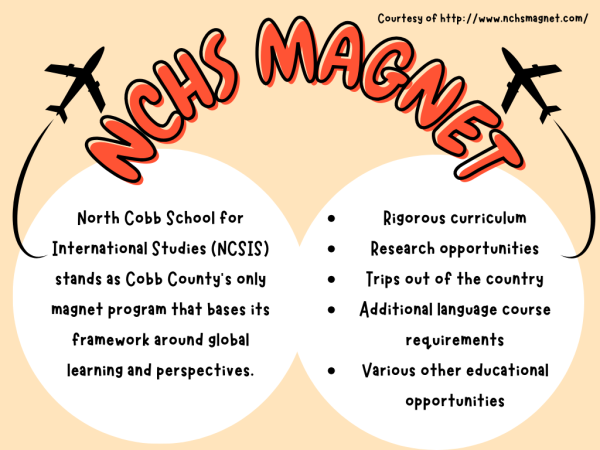
Alongside the packed curriculum, students also gain numerous other educational opportunities that non-magnet students do not gain access to. For example, magnet students confide in the magnet-specific counselor, Brie Perozzi, who helps guide students toward local scholarships, internships and college applications.
“I received several community scholarships, in part, because of my affiliation and success in the magnet program. In the magnet program, I started the Magnet Ambassador Program which taught me valuable skills in running a program and organizing large groups of people. The teachers in the magnet program are incredible and I am so grateful I got to learn from them,” magnet alumna Claire Scafidi said.
As magnet students zoom their way through their quick two years of their underclassmen terms, these exemplary students enter their junior year prepared to begin prospecting their after-high school plans. For nearly all magnet students at NC, prospecting their post-high school occupation stands as an essential aspect of their academic journey.
The majority of NCSIS alumni specifically joined the magnet program to ensure they gain opportunities and experiences that will prepare them for college and build resumes that shine amongst the rest. Due to this, various magnet students find themselves attending prestigious schools — such as Brown University and Georgia Institute of Technology — entering honors colleges, obtaining internships and winning prestigious and selective scholarships.
Various magnet students find themselves winning or becoming finalists in scholarship programs such as the Posse Scholarship, Jackie Robinson Scholarship, National Honor Society (NHS) Scholarships and numerous others. These achievements together commonly lead NCSIS students to a clear path of success and prosperity in their adult years. Through the help of the magnet counselor and other connections magnet students create while in the program, various students find themselves gaining opportunities to work outside the program through internships for those looking to work in STEM and medical science fields.
“I established a connection with the Jacob’s Institute, a medical research facility in New York State, during high school which I would largely credit magnet participation in my acceptance. I still have this connection and plan to intern in the summer of 2025. I will be studying abroad for the upcoming fall semester which also is a direct result of Magnet’s international focus instilling a global curiosity within me,” magnet alumna Mya Conner said.
Rather than aimlessly selecting classes on one’s own, NCSIS magnet students all take the same core courses. This curriculum consists of numerous AP, honors and magnet-specific classes that direct magnet scholars to the understanding of world history, current issues in politics and leadership skills. Additionally, the integration of over 10 AP courses allows magnet students to earn college credits for their generation education courses, shortening the amount of time needed to complete their undergraduate degree.
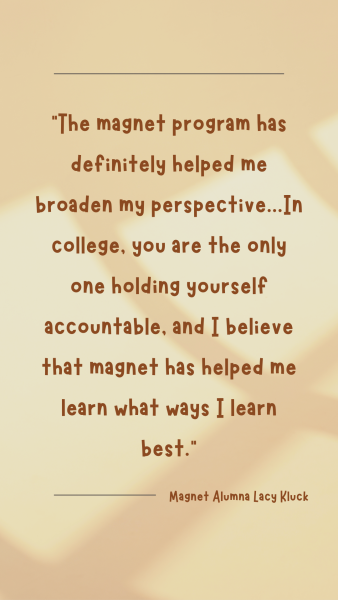
While the course load can appear difficult — especially for junior and senior magnet students taking almost all AP classes — the rigorous course curriculum greatly helps students prepare for the harshness of college. The transition between high school and college stands as a difficult feat, especially for those with minimal experience in AP and honors courses prior to the switch. This strenuous change can turn to major burn-out, failure of classes and even the consideration of dropping college in general.
However, those in NCSIS magnet learn through a curriculum that resembles the teachings of college professors, alongside other qualifications of maintaining certain grades, grade point average (GPA) and community service hours. With these qualifications, one can only expect magnet students to transition to college with ease.
“I was accepted into the University of Georgia’s (UGA) Morehead Honors College Program due to my success in high school. Taking APs in high school, along with the magnet curriculum, prepared me for success as I did not have to take any general education classes in college and I am now focusing more on my major-specific courses. Additionally, considering the caliber of work I did in high school, the transition to college work was much easier and smoother,” Scafidi said.

Over anything, students looking to work in world politics or other international fields find major success in the NCSIS program. Students gain various opportunities to join their classmates, administration and instructors on other-worldly international trips to focus on building an international understanding amongst students. With this experience, magnet scholars become enamored with international affairs and gain experience they can list on study abroad applications in college.
“I applied for a study abroad program in Cuba this upcoming May and got accepted. In my application essay, I talked about my previous travel experience to Costa Rica [for the NCSIS program] and how much I loved experiencing Latin American cultures,” Scafidi said.
Not only does NCSIS create mounds of opportunities for its students, it promotes student efficacy. Even for scholars who previously did not consider college, the program constantly promotes higher education through numerous magnet-specific scholarships and trips to the Georgia Institute of Technology and UGA. These hands-on experiences and funding can further prevent students from falling short past high school and continuing to further their education. NCSIS’s resemblance to an honor college program may encourage magnet alumni to consider joining a similar institution after high school, which will further their overall success in college.
“Magnet definitely made the transition [from high school to college] much easier, and all the AP classes made me a very competitive candidate for schools as well as jobs and opportunities here on campus. Magnet really gives you an amazing foundation for college and has made being a freshman so much less scary than people make it out to be,” magnet alumna Alexis Christian said.
Due to the fixed curriculum NCSIS students participate in, all magnet students graduate with mounds of AP experience. According to the College Board’s study of student success at the college level, the majority of AP-experienced scholars who passed AP exams earned higher first and fourth-year college GPAs in comparison to non-AP students. Additionally, the College Board found that the majority of people who earned AP credits in high school earned a higher GPA than non-AP students. All considered, NCSIS magnet students gain a higher chance of earning higher GPAs due to their AP experience, further increasing the possibility of post-high school success.
While persevering through the program can turn difficult as student responsibilities increase, the program purposely hurdles its students into obstacles to prepare them for the responsibility of college. Students of various Georgia counties cannot access the same resources as NCSIS due to the lack of magnet schools in their district; numerous students nationwide find difficulty completing high school, receiving help preparing for college and creating a schedule that will help them enter college with experience and ease. However, with NCSIS’s built-in curriculum, college-prep resources and experienced teacher body, students step off the graduation stage with honor, college-based skills and a newfound confidence in their future.




